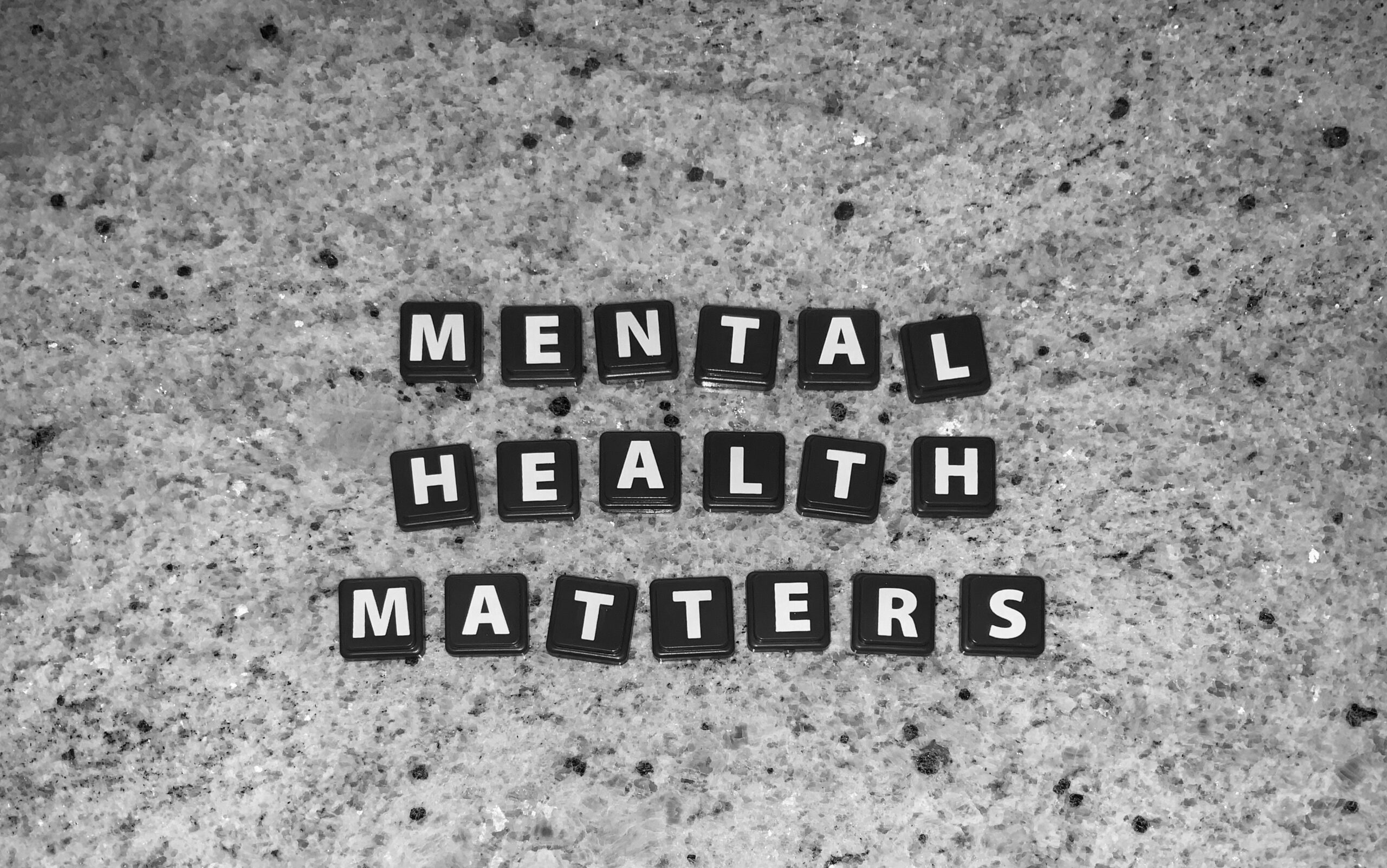In an ever-changing business landscape, it’s important to protect your well-being
Events are returning in full force, which is a hopeful sign after a year of mostly virtual events.
Like pre-pandemic times, delivering the perfect event means balancing several competing priorities – booking vendors, managing budget expectations, communicating with attendees, and so on. But unlike before, event planners are facing a vastly reshaped business landscape.
Some cities and states have capacity restrictions; some don’t. Some venues are enforcing mask mandates while others eschew masks altogether. Navigating the web of local, state, and federal mandates can be frustrating.
Not to mention, even when event planners are coordinating in-person events, they’re still handling a lot of the logistics virtually, with many team members working remote or following a hybrid plan.
These changes are an added layer of stress on top of a process that, although rewarding, is already complex. That’s why it’s more important than ever for event planners to protect their mental health.
It’s natural to treat stress as an occupational hazard. When there are so many moving parts, of course there’s going to be tension and discomfort. But that doesn’t mean it has to get out of control.
Poor mental health can lead to poor performance on the job, meaning unhappy clients and a compromised reputation. But it can also have detrimental effects on your physical health and quality of life, leading to increased unhappiness and social isolation.
Luckily, there are some simple ways you can protect your mental health and still deliver flawless events:
- Collaborate: Select vendors who view their partnership with you as a collaboration, not just a job. This way, they’ll be equally invested in the results, and they won’t leave you hanging.
- Practice Self-Awareness: Build mindfulness practices like meditation and regular breaks into your daily routine.
- Automate Where Possible: Assign tasks via project management apps, schedule your tasks in advance, and be just as rigorous with scheduling your non-work duties so you can maintain balance.
- Recover: When events wrap up, take some time – a few hours, a full day, etc. – to recoup, recap your experience, and reenergize.
There’s nothing like the feeling of executing the perfect event, but you need to prioritize your well-being so you can enjoy it.
